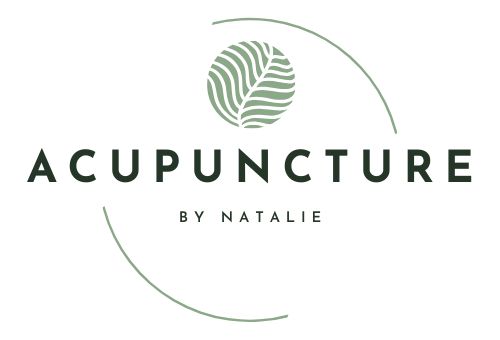
About Acupuncture
Traditional Chinese Medicine (TCM) is a holistic system of medicine that has been
practiced for thousands of years in China and other parts of East Asia. Acupuncture is a traditional Chinese medical practice that involves the insertion of thin needles into specific points on the body. It is based on the concept of Qi (pronounced “chee”), which is believed to be the vital energy that flows through pathways called meridians in the body. According to traditional Chinese medicine, when the flow of Qi is disrupted or blocked, it can lead to pain, illness, or other health problems. Acupuncture aims to restore the balance and flow of Qi in the body, promoting healing and overall well-being.
During a course of treatment, a TCM acupuncturist will address the patient’s mind, body, and spirit using one or more modalities (e.g., acupuncture, electroacupuncture, auricular acupuncture, therapeutic massage, cupping, moxibustion, Infrared Heat Therapy, Gua Sha, diet, and lifestyle advice.)

How Acupuncture Works
Neurotransmitter – Acupuncture has been found to stimulate the release of various neurotransmitters in the body, including endorphins, serotonin, and norepinephrine. Endorphins are natural pain-relieving chemicals that can help reduce pain and promote a sense of well-being. Serotonin is a neurotransmitter associated with mood regulation and can contribute to an overall feeling of relaxation and happiness. Norepinephrine is involved in the body’s stress response and can help regulate blood pressure and heart rate. This is one of the reasons why acupuncture is able to treat such a wide variety of conditions.
Gate Control Theory: According to this theory, acupuncture stimulates specific nerve fibers that send signals to the brain, effectively closing “gates” that allow pain signals to pass through. By stimulating these nerve fibers, acupuncture can help block or reduce pain signals from reaching the brain, providing pain relief. Brain scans have been carried out to show this theory and during and after acupuncture the pain matrix of the brain was greatly reduced.
Reduces inflammation: Acupuncture influences the release of white blood cells to help fight inflammation.
Increased blood circulation: Acupuncture has been found to increase blood flow to the treated areas, which can promote healing and reduce inflammation.
Improves immunity: Acupuncture has been shown to have regulate and strengthen the immune system. After acupuncture, the natural killer cell counts increase and
can be beneficial in treating autoimmune disorders.
Traditional acupuncture is increasingly accepted and practiced globally due to its efficacy. Its effectiveness has been supported by numerous clinical trials. The NICE recommendations for acupuncture for lower back pain, tension headaches/migraines, neck pain or persistent neck pain, and relief in the symptoms of overactive bladder syndrome have made it a part of the NHS health care system.


